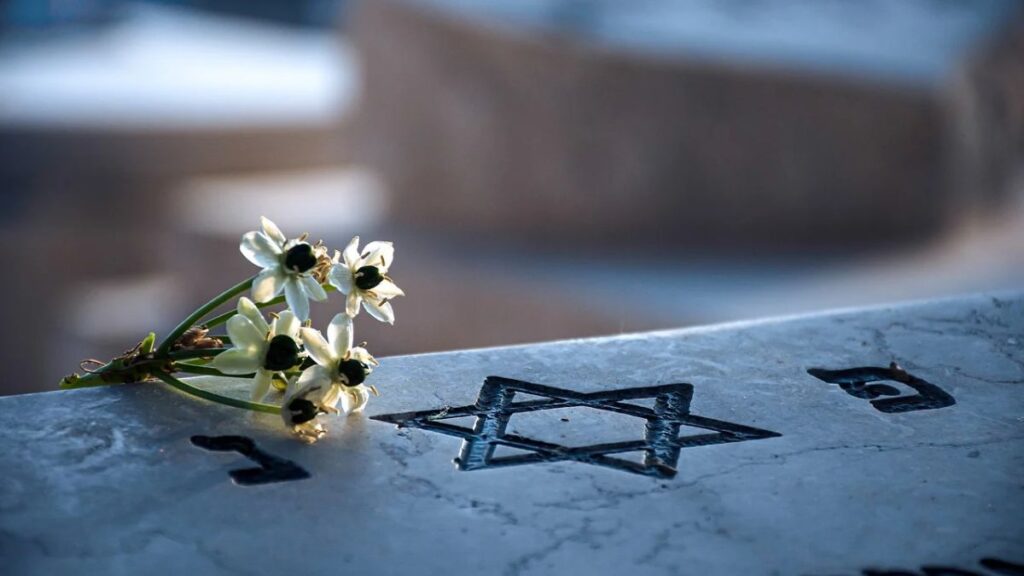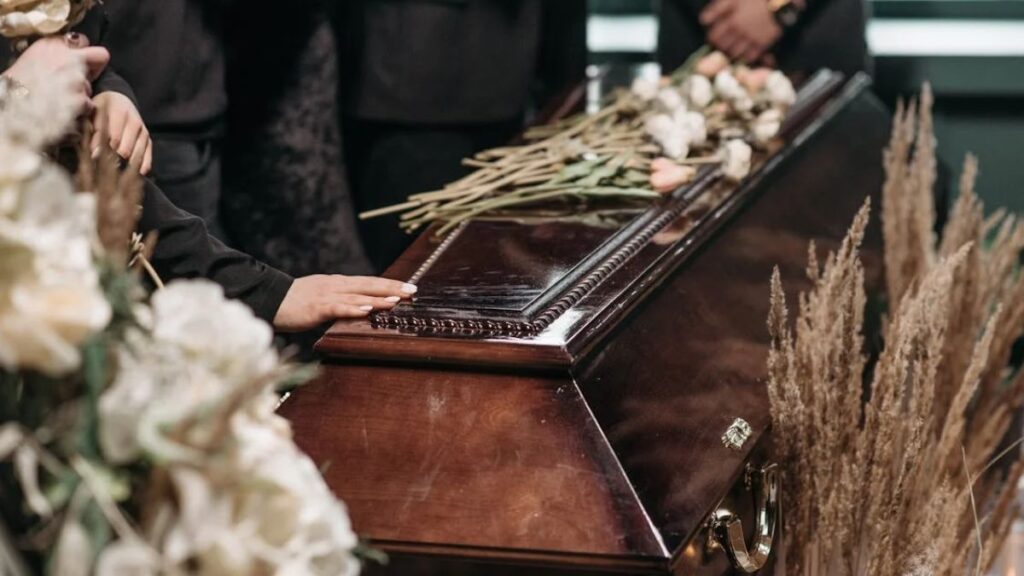Recognizing that the end of life is an integral part of the human experience is crucial. Facing a loved one’s impending transition brings a blend of emotions, from sorrow to anxiety. During such times, making end-of-life arrangements can feel overwhelming. It’s essential to approach these decisions with care, ensuring that both the personal values and wishes of the deceased are honored.

Understanding Funeral Rites
Funeral rites play a significant role in how we honor those who have passed. These rituals vary significantly across different cultures and religions, reflecting the diverse beliefs regarding death and the afterlife. Regardless of tradition, they serve the same purpose—to provide a pathway for relatives and friends to express their grief and celebrate the life of the deceased. In many cases, families choose to include various elements in their farewell ceremonies, such as eulogies, music, and special readings.
The incorporation of personal stories during the procession fosters connection among attendees and reinforces the unique bond shared with the departed. Seeking appropriate funeral & cremation services, families can ensure that their arrangements honor the beliefs and wishes expressed by the deceased. The benefits of engaging in such ceremonies extend beyond the memorial process. They also promote healing among family members and loved ones, providing a structured environment for emotional expression and collective mourning. Ultimately, the efficacy of these rites lies in their ability to transform grief into a shared experience.
Choosing the Right Funeral Service Provider
Selecting a funeral service provider can greatly influence the overall experience of memorializing a loved one. It is essential to look for professionals who share your values and understand your unique needs. Take time to research providers in your area; reading reviews can offer insights into their reputation and level of service. Recommendations from friends and family who have had positive experiences can also guide your decision. A compassionate funeral provider will take the time to explain the different service options available and offer guidance tailored to your situation. They can help you navigate choices between traditional funerals, cremation, or alternative memorial options. Each decision should align with the deceased’s wishes and the family’s values.
Planning for Personalization
Personalization adds a meaningful touch to any end-of-life service. Tailoring the event to reflect the individuality of the deceased helps to honor their life uniquely. Consider incorporating elements such as favorite music, shared stories, or symbolic items that the loved one cherished. Personal mementos can create a more intimate atmosphere, inviting attendees to share memories and celebrate the impact the deceased had on their lives. Keeping the deceased’s character in mind fosters a comforting environment where attendees can find closure. Elements like candle lighting, memory boards, or photo displays can capture the essence of their personality and provide comfort during the grieving process.
Communicating with Family Members
During times of grief, communication becomes vital for family cohesion. Open discussions about the wishes of the deceased and how family members want to honor those wishes can simplify decision-making. Ensuring everyone has a voice decreases misunderstandings and strengthens familial bonds. Setting a designated time to discuss arrangements can help manage feelings and keep the conversation constructive. It is crucial to approach discussions with empathy, acknowledging various emotional responses toward loss. Providing a safe space for dialogue encourages everyone to share their thoughts respectfully.
Financial Considerations
The financial aspects of funeral planning can often feel daunting. It’s essential to be aware of the potential costs associated with different arrangements to formulate a budget that respects both the family’s financial situation and the deceased’s wishes. Discussing financing options with your funeral service provider can offer clarity. Consider checking whether the deceased had any pre-arranged plans or funds allocated for funeral expenses. Some may have life insurance policies that cover these costs, which can alleviate some financial pressure. Creating an outline of expenses can also aid in transparency, allowing family members to grasp the financial implications upfront.

Dealing with Grief and Loss
Grieving is a personal journey that varies greatly from one individual to another. Understanding that everyone processes loss differently is pivotal in offering support to family members. Some may want to share their feelings openly, while others may prefer solitude. Respecting these preferences encourages a supportive atmosphere while allowing both expression and reflection. Incorporating self-care practices during this time is equally crucial. Encouraging family members to seek counseling or participate in bereavement groups can foster a healthy coping mechanism, offering them the necessary tools to navigate their emotions. Together, families can rally their strength to honor their loved one’s memory while managing their grief.
Seeking Professional Support
Professional support can be instrumental in navigating the complexities of end-of-life arrangements. Engaging grief counselors or therapists can provide helpful tools and strategies for coping with loss. These experts can facilitate conversations around end-of-life planning, ensuring that individual and familial needs are appropriately addressed. Support groups often provide an avenue to connect with others experiencing similar challenges. Sharing stories and emotions in a safe environment helps alleviate feelings of isolation. Ultimately, access to professional support allows family members to feel more equipped to handle their mourning journey.
After the Service
The period following the funeral can be an emotional time as families commence the journey of healing. Recognizing that grief does not have a timeline is essential. Encouraging family members to take time for reflection and solitude can create space for personal growth and understanding. Planning follow-up gatherings to remember the deceased can continue soothing the grieving process. Sharing meals or organizing memorial activities serves to reinforce bonds among family members while maintaining a connection to their loved ones.
By navigating end-of-life arrangements with compassion and care, families can create meaningful experiences that honor the deceased’s memory. The rituals surrounding funerals, personalization of services, open communication, and professional guidance can all contribute to embracing the experience with tenderness. Grief, though difficult, can lead to healing when supported by love and respect.







